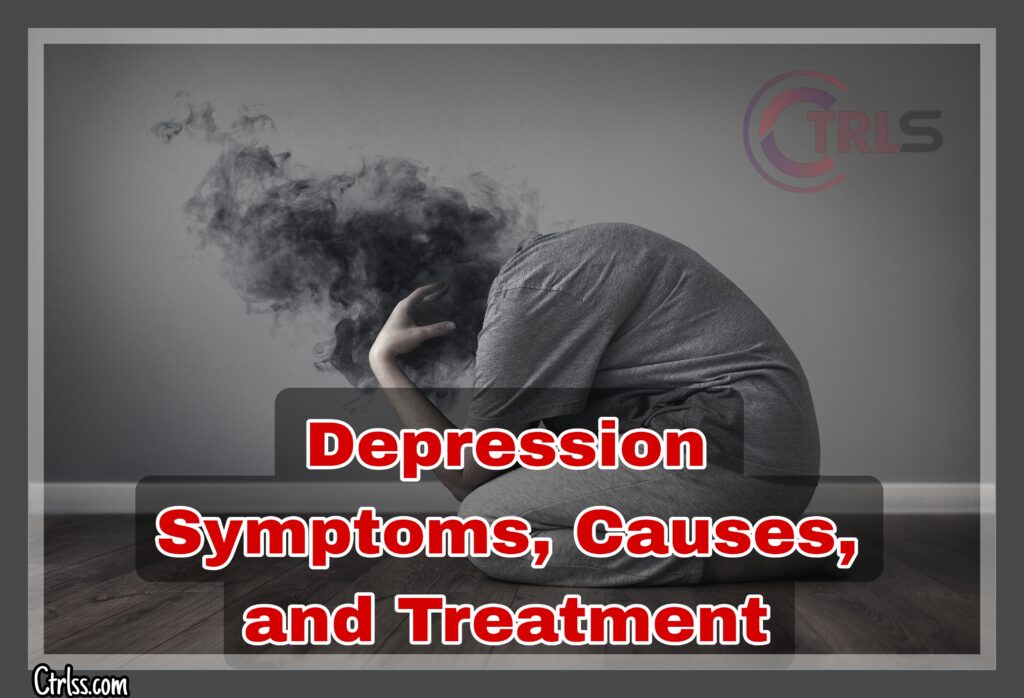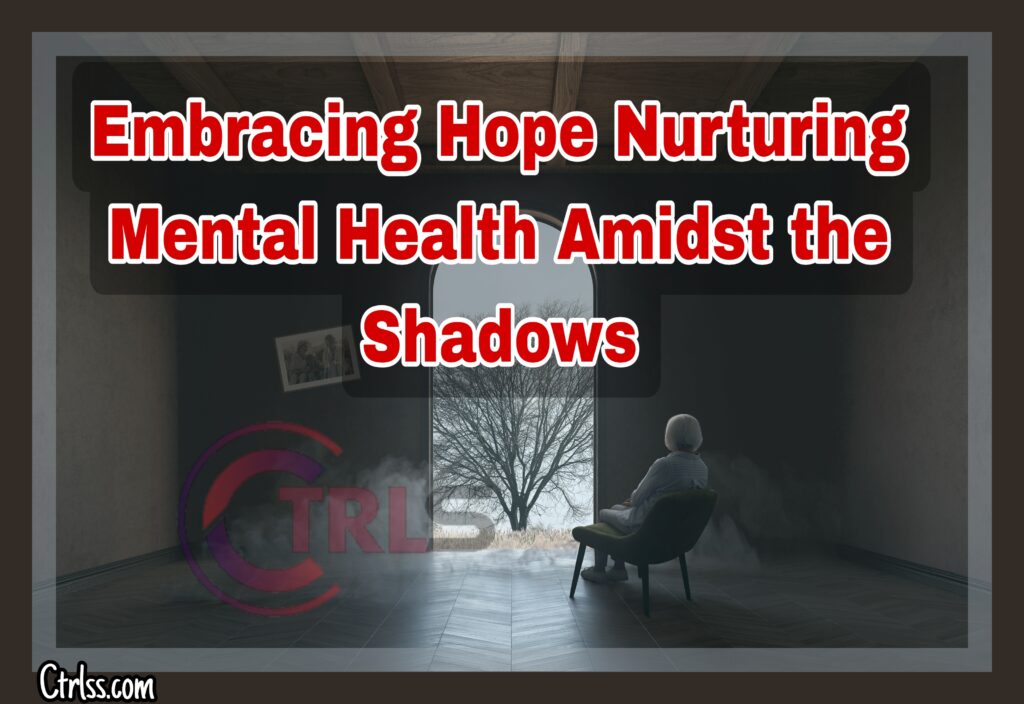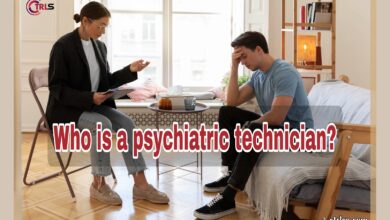What Is Depression ? and What Is Symptoms, Causes, and Treatment?
Hey there, folks! Welcome to our in-depth guide on depression, a serious mental health condition that affects millions of individuals worldwide. In this blog post, we’ll delve deep into the realm of depression, exploring its symptoms, causes, and various treatment options available. So, grab a cup of coffee, get cozy, and let’s embark on this enlightening journey together!

Understanding Depression: Shedding Light on the Darkness
Depression: you’re eager to explore, is more than just feeling sad or down. It’s a complex condition that can have a profound impact on your overall well-being. Let’s shine a light on what depression truly entails.
The Symptoms: Navigating the Emotional Maze
Depression is like being trapped in an emotional labyrinth, and it comes with a myriad of symptoms that can vary from person to person. Let’s take a closer look at some of the common signs and symptoms associated with this condition:
depression symptoms:
- Persistent Sadness: Feeling down in the dumps is one of the hallmark symptoms of depression. It’s like a dark cloud hanging over your head, casting a shadow on even the brightest moments.
- Loss of Interest: Depression often steals away the enjoyment and interest in activities that once brought you pleasure. Hobbies, socializing, and even spending time with loved ones may feel like burdensome tasks.
- Fatigue and Low Energy: Depression can drain your energy reserves, leaving you feeling constantly fatigued and lacking motivation. It’s like carrying a heavy backpack filled with exhaustion wherever you go.
- Changes in Appetite: Depression can cause fluctuations in appetite, leading to significant weight loss or weight gain. Food may lose its taste, or you may turn to it for comfort, seeking solace in its temporary embrace.
- Sleep Disturbances: Depressive episodes often disrupt sleep patterns, leading to insomnia or excessive sleepiness. It’s like being caught in a never-ending battle between restless nights and drowsy days.
Unraveling the Causes : Peering into the Depths
Depression doesn’t discriminate; it can affect anyone, regardless of age, gender, or background. While the exact causes of depression remain a complex puzzle, there are several factors that could contribute to its development. Let’s shed some light on a few potential causes:
- Biological Factors: Imbalances in brain chemicals, such as serotonin and dopamine, can play a role in depression. Additionally, genetic factors or a family history of depression may increase your susceptibility to the condition.
- Life Events and Circumstances: Traumatic experiences, loss of a loved one, financial difficulties, relationship problems, or other significant life changes can trigger or exacerbate depressive episodes. It’s like navigating stormy seas without a compass.
- Personality Traits: Certain personality traits, such as low self-esteem, pessimism, or a tendency to overthink, may increase the risk of developing depression. It’s like having a magnifying glass that amplifies the negative aspects of life.
- Chronic Illness: Dealing with a chronic illness or experiencing chronic pain can take a toll on both your physical and mental well-being, potentially leading to depression. It’s like fighting a battle on multiple fronts, with no respite in sight.
Embracing the Light: Treatment Options for Depression
Now that we have a better understanding of depression and its potential causes, let’s explore the various treatment options available. The good news is that depression is treatable, and with the right approach, you can embark on a path towards healing and recovery. Here are a few not unusualplace strategies:
- Therapy: Talk therapy, such as cognitive-behavioral therapy (CBT) or interpersonal therapy, can be highly effective in treating depression. It provides a safe space to explore your thoughts, emotions, and behaviors, and equips you with coping mechanisms to navigate through the darkness.
- Medication: In some cases, medication may be prescribed to help manage depression. Antidepressants, such as selective serotonin reuptake inhibitors (SSRIs), can help restore the balance of brain chemicals and alleviate symptoms.
- Lifestyle Changes: Incorporating healthy lifestyle habits can have a positive impact on your mood and overall well-being. Regular exercise, a balanced diet, sufficient sleep, and stress-reduction techniques like meditation or mindfulness can all contribute to your recovery journey.
- Support Network: Building a strong support network is crucial when dealing with depression. Seek the company of understanding friends, family members, or support groups who can provide empathy, encouragement, and a listening ear.
>>Anxiety
Embracing Hope: Nurturing Mental Health Amidst the Shadows

Living with depression can be a challenging journey, but there are steps you can take to nurture your mental health and find hope amidst the shadows. Here are some practical tips to guide you along the way:
- Self-Care: Prioritize self-care activities that bring you joy and peace. Engage in activities that recharge your soul, whether it’s taking a long bath, indulging in a hobby, or simply spending quality time with yourself.
- Reach Out: Don’t hesitate to reach out for help when you need it. Talk to a depended on friend, own circle of relatives member, or intellectual fitness professional. “Remember, you don’t ought to face melancholy alone.”
- Practice Mindfulness: Cultivate mindfulness for your each day life. Be present in the moment, savoring the little joys that come your way. Take deep breaths, observe your surroundings, and let go of worries that weigh you down.
- Set Realistic Goals: Break down overwhelming tasks into smaller, more manageable goals. Celebrate your achievements, no matter how small they may seem. Each step forward is a victory worth acknowledging.
- Stay Connected: Nurture your relationships and maintain social connections. Surround yourself with positive influences who uplift and support you. Engage in activities that foster a sense of belonging and fulfillment.
- Educate Yourself: Learn more about depression and mental health. Expand your knowledge and understanding through books, articles, or reputable online resources. Education empowers you to take charge of your well-being.
Wrapping Up: Shining a Beacon of Hope
Depression is a challenging journey, but it doesn’t define who you are. Remember, you are not alone in this battle. By understanding the symptoms, causes, and treatment options, you have taken a significant step towards reclaiming your life from the shadows.
If you or someone you know is struggling with depression, reach out for support. Seek professional help, connect with understanding individuals, and embrace the light that awaits you. You deserve happiness, and there is hope, even in the darkest of moments.
Depression, has been discussed extensively throughout this article, as we aimed to provide you with valuable insights and information. We hope this guide has shed light on this complex condition and empowered you to take proactive steps towards healing and recovery.
Stay strong, keep fighting, and remember that brighter days are within reach. Together, we can overcome the shadows of depression and embrace a life filled with joy, purpose, and renewed hope.
Note: The information provided in this article is for educational purposes only and should not be considered a substitute for professional medical advice. If you or someone you know is experiencing symptoms of depression, please consult a qualified healthcare professional.
Thank you for reading!



